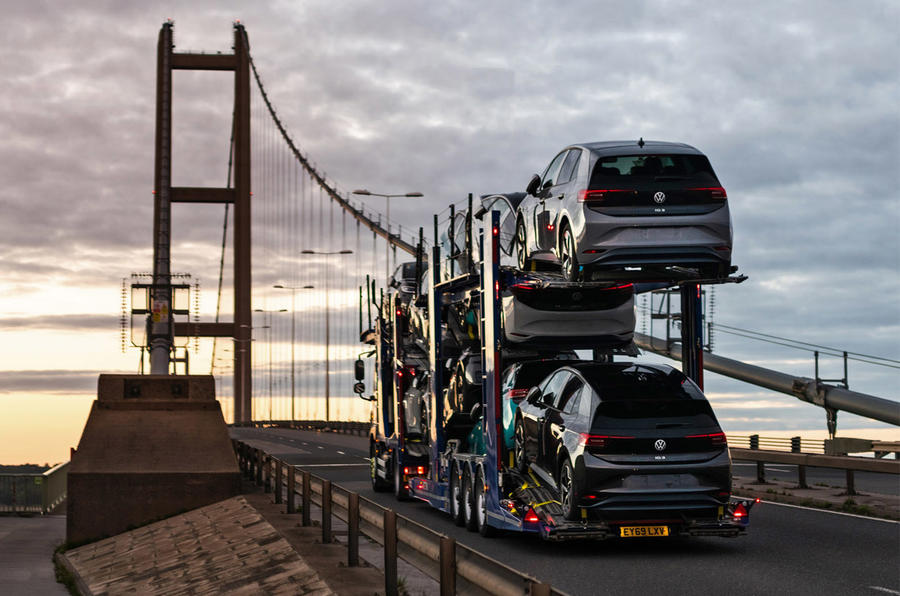If you have read our recent story on EV adoption, you could be forgiven for thinking that electric cars will never serve your needs. For the majority, that’s nonsense, but for a very few, it could be true, range, price and infrastructure leading the concerns.
Just accept now that you are going to have to compromise or, potentially, stop buying new cars from 2030. Change is coming whether it suits you or not. For generations used only to progress, that may be hard to swallow, but here the reset button is being hit, with all the pros and cons that entails.
In fact, change is already crystallising before our eyes. UK EV sales have been growing exponentially in recent years. To the end of August, 44,708 fully electric vehicles had been registered in 2020, taking a market share of 4.9%. For comparison, 2019’s total stood at 37,850 registrations (1.6% of the total) and 2018’s 15,510 (0.7%). It’s a bit of a flight of fancy that won’t be realised, but if that rate of growth were maintained, then all the hoo-ha over whether to ban the sale of combustion-powered cars from 2030, 2032 or 2035 would be academic, as we’ll get there within five anyway.
But even the most ardent EV supporters must accept there’s a huge difference between growing popularity and mass – or enforced – adoption. This isn’t just about technological change, but rather the broader picture of societal change, taking in everything from energy creation and home building regulations to the viability of automotive manufacturing, retail and aftermarket employment. It’s a fundamental shift in a short space of time.
What’s needed is leadership. Ford’s UK MD, Andy Barratt, recently raised eyebrows when he called for a minister for electrification to be appointed. Too right, although better perhaps to make it a non-political appointment.
The to-do list? The momentum can’t waiver, but today most car makers are delivering. Better to focus on driving up range and down costs. For starters, the UK’s leadership in academic research is in part worldleading, and deserves better funding, and UK battery capability needs rapidly accelerating. Then there’s the mishmash of today’s charging infrastructure, much of which is excellent, some of which is terrible and needs fixing. A cull – or at least some competitive requirements – are urgently needed.
In future years, there will be ebbs and flows in the pace of EV uptake, but even in these economically straitened times, only a fool would question the long-term direction of travel: for the short to mid-term at least, there is no alternative, and we need to prepare for it.
READ MORE
Inside the industry: what future can we expect for the city car?
Inside the industry: Firms can still thrive in these tough times





Join the debate
Add your comment
You are exactly right Jim
It's clear that the change is coming and faster than most people realise. It is being accompanied by a similar speed in the increase in the amount of renewable energy - so creating greener electricity to charge all the new EVs.What is the take-away of all this for the average car buyer? Simple: Buying a new car with an Internal Combustion Engine is now a big mistake. The best advice now is: Do your research and don't get caught on the wrong side of history.
Oh no I won't!
On the move.
I Yes, we're heading towards EV only, a few years ago I'd have said no thanks because I was doing a lot of miles and to me at the time I thought not enough range, now, I do next to nothing, so EV would more sense, cheaper to run, better for the environment etc etc, but, as has been mentioned, the charging infrastructure is chaotic at best, and other forms of travel like Buses, Trains need to be better to help encourage less use of the car to help cut down congestion on the roads, I mean imagine, instead of a two hour commute you could use an electric train in to where ever you work, maybe I'm saying this because I'm at the far end of my driving days, but, we, the Planet have to start the change.